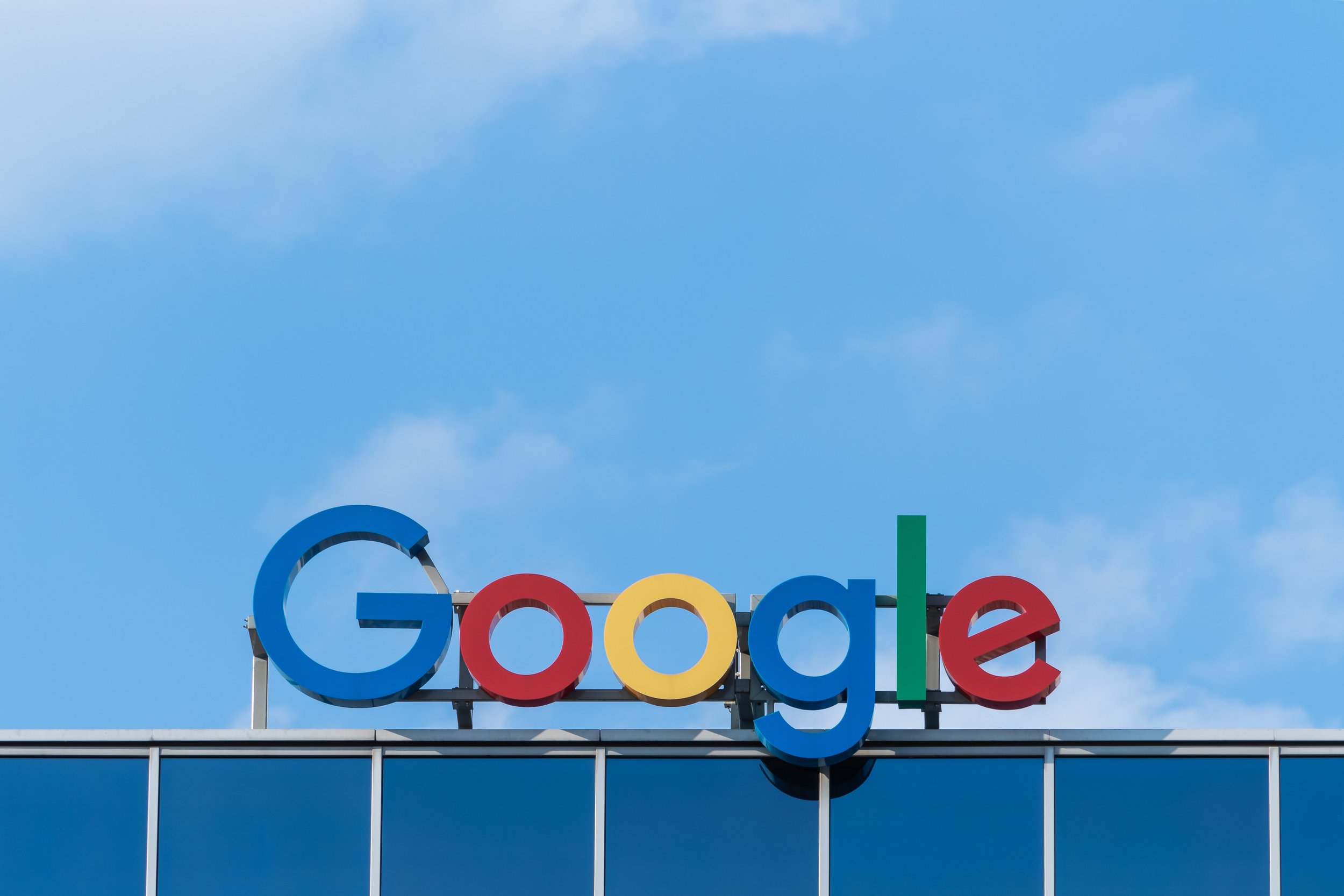As the Cookie Crumbles
In 2021 we attended the Digital Day Out 2021 – to help our customers understand and prepare for big changes coming in the way Google collects user data, and what it does with that data (alongside hearing from some pretty cool marketing people doing their thing in the digital space)!
The talk from digital giant Google, layed out how Google has responded to user demands for greater privacy online by promising to prevent third-party tracking of web-browsing activities (third party cookies) on its web browser Chrome.
Cookies are tools that enable websites to recognise you when you visit, and keep track of your online browsing behaviour – they are what we ‘hook up’ to your website. Read more here. And here.
First-party cookies are those that, for example, automatically fill in your address when you buy something online - they offer businesses a reasonably transparent way of collecting user data.
A third-party cookie allows the company to collect and retain a large amount of data on each user. Third-party cookies are the ones that allow businesses to track you as you move around the internet, and are behind the ‘remarketing’ ads that pop up – ads for a website or service you’ve just been looking at.
Changes won’t affect the collection of basic data (first-party cookies) about visitors to your website, but it does mean that if you are dependent on remarketing campaigns and other third-party cookie-based advertising and user tracking, you’ll need to prepare for this change and develop new strategies.
Browsers such as Mozilla and Safari already block cookies so this latest change will only affect Google Chrome users. But it’s worth noting that almost 58% of users - or 2.8 million Kiwis - use Google Chrome, so it’s likely this change will affect you and your customers.
Google’s alternative to third party cookies is The Privacy Sandbox initiative – a new concept that will use Artificial Intelligence (AI) to collect and use data in a different way – to make a “more private internet.”
Google recognise that by restricting or removing third-party cookies, without effective alternatives in place there may be a negative impact for many businesses. They believe that businesses should be able to make money from their sites and reach customers with relevant ads (yes, those ads responsible for the parcel at the front door you explain by saying “the internet made me do it”).
The Privacy Sandbox initiative is developing new solutions that support key needs for business - without reliance on online tracking identifiers - so that business can grow in a privacy-preserving way.
Instead of targeting and profiling the individual user, the Privacy Sandbox initiative will see technology group people together by browser behaviour, and then send relevant advertising and content to groups rather than individuals. So it could group together people searching for vintage clothes, DIY tips and custom made furniture, and target advertising to that group.
So why is Google making this big change and giving away the opportunity to know so much about its users?
Predominantly, in a privacy-centric world, user trust is key. And the best way for Google and other digital providers to improve trust is through transparency, user control and privacy measures. The move is likely to be a win-win for businesses using Google Ads as it still enables them to deliver relevant ads to users - all while keeping their information private.
Users with certain interests will be profiled at the browser level – so if you search for, say, dog training, puppy food and where to walk your dog, this information will be stored on your machine as part of your profile and you’ll be classified as a dog person. This information will be refreshed on a seven-day cycle, so if you don’t search for these things again they will disappear from your browser profile.
Browser profiles will have a considerable influence on online marketing, and as a business wanting to advertise your goods or services, being aware of this shift and understanding the changes you need to make will be key to successfully navigating the digital marketing environment in the future.
So what should your next move look like?
There’s some key concepts to understand, and the most important is that client privacy is becoming increasingly essential. Your business needs to be upfront on what data you are collecting, how you are using it and protecting it.
Some core statistics make interesting reading [1]:
48% of people will change their buying decision due to privacy concerns.
96% of internet users are online every day.
58% of these users have chosen not to use a service online due to privacy concerns.
At the moment, 81% of users think the potential risks for data tracking outweigh the benefits.
So, if your advertising strategies rely on third-party data which will soon be unavailable, now is the time to start considering alternatives. These include:
· Making the most of the information collected through first-party tracking – your client database is the best intel you have – so look at automated solutions to streamline your database management, integration and customer engagement.
· Putting more budget into advertising based on the content people are looking at (contextual targeting), rather than the browsing profile generated by third party tracking.
· Consider machine learning options to understand your customers' behaviours better and provide more tailored marketing options.
· Build trust and maintain relationships with your customers by offering value and choice, and being transparent. The best way to do this is through non-invasive advertising and relevant communications.
· It’s likely that it will get more expensive to attract new customers through digital marketing, so keeping the customers you have will become even more important.
For our clients, we support you in navigating this brave new world and keep your online business / customer engagement humming through the challenges ahead.
Over the coming year, we will look to keep you up to date with Google’s changes and what impavt this will have on you as a business. So if you are not a client, you too can gain a better understanding of how to use the digital space to engage with your clients and customers.
See here for the first ‘thought’ on Google’s change to webiste analytics tracking and the impact this has on your business.
[1] From Google presentation 2021


